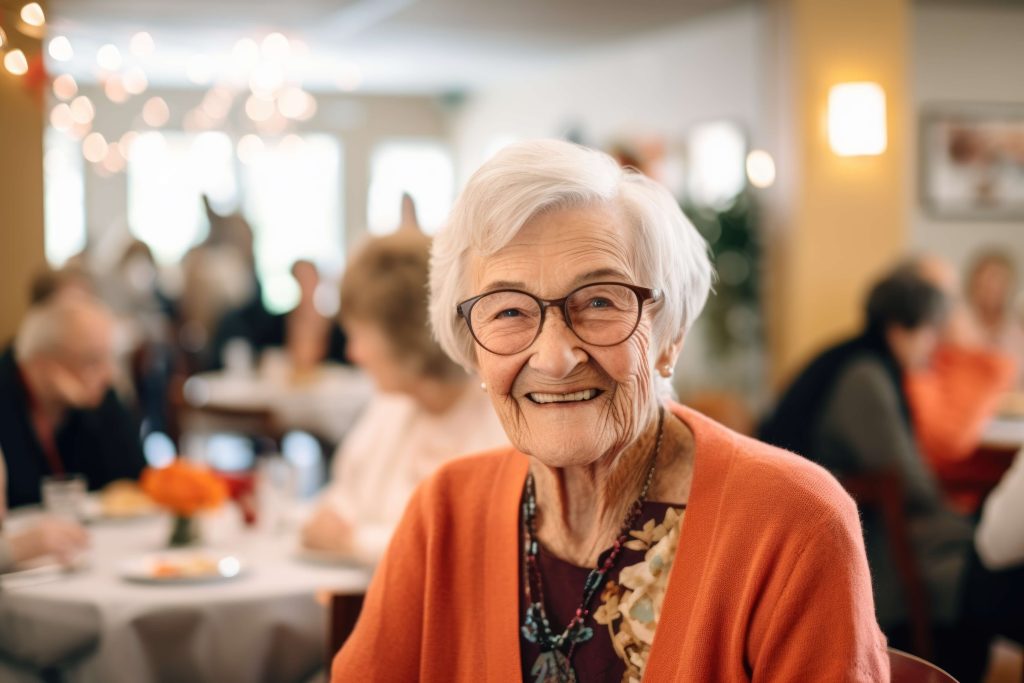The emotional toll on separated spouses and carers
There has been vigorous conversation recently, regarding the appropriate approach to keeping residents of Australian aged care facilities 'safe' within the Covid 19 pandemic.
Some residential aged care facilities have adopted protocols far stricter than the Government has mandated, leaving spouses and family carers locked out of these facilities with no contact during the lock down.
A persuasive argument threading through social media is that of keeping these residents safe and acting in their best interests. I've read the dialogue from staff working in these facilities about how they are working hard to ensure the residents are engaged and being well cared for during the isolation.
I'm not disputing these staff are doing an amazing job and delivering their care with compassion, but given the option, would an 83 year old resident choose to spend time with her husband of 61 years rather than play bingo?
And with residents who have advanced dementia and their enduring power of attorney (Qld) has been enacted, is it not the EPOA who has legal right to make the decision about what is best for their spouse?
Examples of access issues
I have recently been liaising with spouses and family members who have been locked out of the aged care facilities their loved ones reside in.
At the beginning of the lock down a daughter who visited her father, who has dementia, was advised the facility staff had plenty of iPads and would keep regular contact maintained between her father and herself. That was a month ago now and no contact has been supported, those iPads are still in the cupboard.
This daughter also asked if she could stand outside her father's room and greet him through the glass window. This request was denied. The daughter also raised the Charter of Rights with the facility management only to be told it did not apply in these circumstances.
A husband I have been supporting has not seen his wife since March 28th, their 61st wedding anniversary.
This gentleman visited the facility every day until he was denied access. He has had no phone contact with his wife and given she has advanced dementia, she cannot independently reach for a phone or digital device to initiate contact.
Have these locked out loved ones attempted to pursue their concerns over the recent weeks?
Yes, they have, but they also fear reprisal and are cautious about rocking the boat. These are the underrepresented voices who are struggling with the emotional toll caused by this situation.
This week the Government announced a draft code of conduct on visitation rights. This draft code has been released for public consultation. The code is balanced and its principles reasonable.
The test now will be to what extent the industry will accept the code and encourage its members to support a more compassionate and inclusive care arrangement with families.

